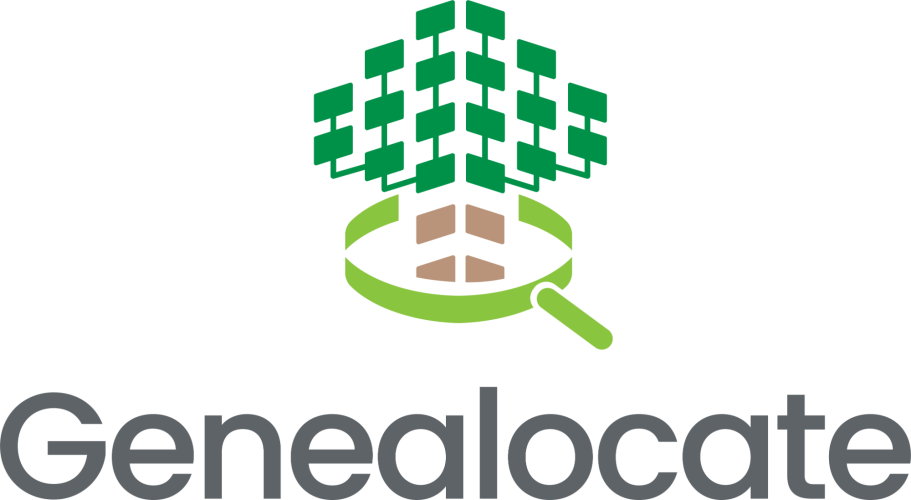Frequently Asked Questions
Being contacted by an heir finder usually may raise several questions, which we will try to answer below.
Who is Genealocate?
Find a personal introduction on our page "About us".
I am supposedly entitled to inherit. Why then am I not contacted by the responsible probate court?
If the heirs are unknown in inheritance cases, the responsible probate court can appoint an estate trustee to safeguard the property and identify the heirs. This curator attempts to determine the heirs within the limits of their resources. If all attempts prove unsuccessful, they can task an external heir investigator such as Genealocate.
Professional heir investigators specialize in the search for unknown heirs. Not only do they have extensive experience in research and a professional network, but also adequate human resources to lead the time-intensive investigations to a successful conclusion.
The economic risk of the search is completely borne by the heir investigator. If no living heirs can be found, their research was in vain.
Thus, if you have been contacted by Genealocate, this means that you are entitled to an inheritance from such a distant family relationship that neither the competent court nor the guardian of the estate could determine.
I was contacted out of the blue. How did you get hold of my particulars?
We base our research on publicly available sources. These include state, church, and private archives, but also obituary notices from newspapers and online sources.
We assure that all data collected by Genealocate is tread confidentially and processed in accordance with the strict German and EU data governance laws. It will only be shared with third parties by your explicit permission and only with institutions that handle the probate case such as the probate court and involved lawyers or notaries.
Why should I sign a fee agreement?
A performance-based fee agreement, as offered to all heirs we were able to trace, is completely risk-free for you:
We take care of your inheritance case in your name but at our own risk up to its conclusion. If your inheritance is successfully paid out, we receive a fixed share agreed in the contract – and otherwise nothing.
In other words, you as the heir guarantee to pay us said pro-rata share of your portion of the inheritance in the event of success. In return you receive access to the results of our investigations, which enable you to prove your claim your inheritance before the probate court.
Suspicion is appropriate, however, if an heir finder presents you for signature a fee contract in which the fee is not linked to the successful payment of your share of the inheritance, or if it requires you to make an advance payment.
Why do heir investigators refuse to disclose certain information before a fee agreement is concluded?
Heir finders acquire a legal claim to remuneration solely based on an ex-ante fee agreement with the heirs. If we were to disclose details that would enable you to claim their inheritance at the competent court before conclusion, we would have helped you receive your share of the inheritance, but would legally not have any claim to remuneration – despite the extensive effort we put into the investigation.
These confidential details include information about the decedent and their relationship to you, the probate court and the guardian of the estate in charge. We kindly ask for your understanding that this is the only viable way of financing our costly investigations.
Is there a risk that the bequest may be overindebted?
No. We as heir investigators only deal with cases with a positive net estate. Due to the structure of the fee contract, by which we receive a share of the inheritance in the case of success, overindebted estates are per se uninteresting for us.
How is the amount of the fee determined?
Tracking down distant relatives of a deceased person usually involves a considerable amount of time, effort, and money. In many cases the research leads across national borders and includes several hundred persons, for whom biographical key data, ancestors, and possible descendants must be traced.
In addition to the workload itself, there are various ancillary costs of the research such as archive fees, travel costs to archives and cemeteries, possibly abroad, and costs for translations and certifications.
As heir investigators, we research at our own expense and bear the full risk of failure. For each case, the is a high chance that living heirs do not exist or cannot be identified despite considerable research efforts. In addition, the research can extend over long periods of time, during which we advance our efforts without compensation.
For these reasons, the fees charged by estate agents are significantly higher than those charged by, for example, real estate agents. For national inheritance cases within Germany, fees of up to 30 percent of the share of the inheritance plus the statutory value-added tax are common. In international cases, rates are usually higher. Due to the immense effort for research, these rates have been confirmed to be appropriate and justified by German courts in several precedents.
Is the draft contract legitimate? Should I seek legal advice before signing?
The fee agreements of reputable heir finders are generally short and frank, and the provisions contained therein are clear and comprehensible even to laypersons. Their contracts always make payment conditional on success.
Ultimately, legal advice from a lawyer of your choice can help. We recommend you turn to someone specialized in (international) inheritance law. However, please be aware that considerable extra cost might accrue.
What if the inheritance tax and the fee for the inheritance investigation completely "eat up" my share of the bequest?
If you are a German citizen living in Germany, we can rule this scenario out. The contractual fee is calculated as a fixed share of your inheritance. It also reduces the taxable amount for inheritance tax purposes under German tax laws. You therefore only pay inheritance tax on the amount remaining after deduction of our fee (which are counted as costs of the inheritance). Along with the applicable tax allowance, this model makes sure you will end up with a positive balance.
If your citizenship is other than German or you live abroad permanently, the final calculus depends on your country’s taxation rules. While we cannot go into the details of every international tax legislation here, as long as your country’s inheritance tax model follows a similar logic, you will also end up with a net benefit.

